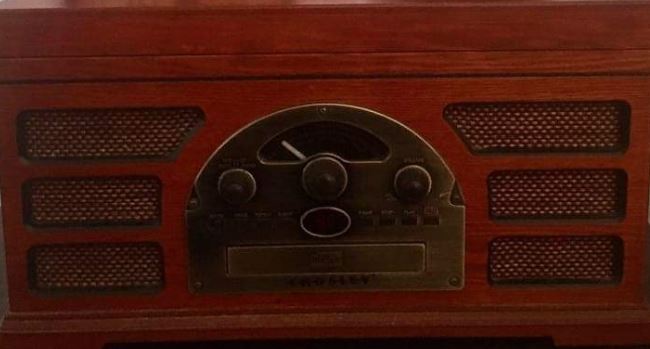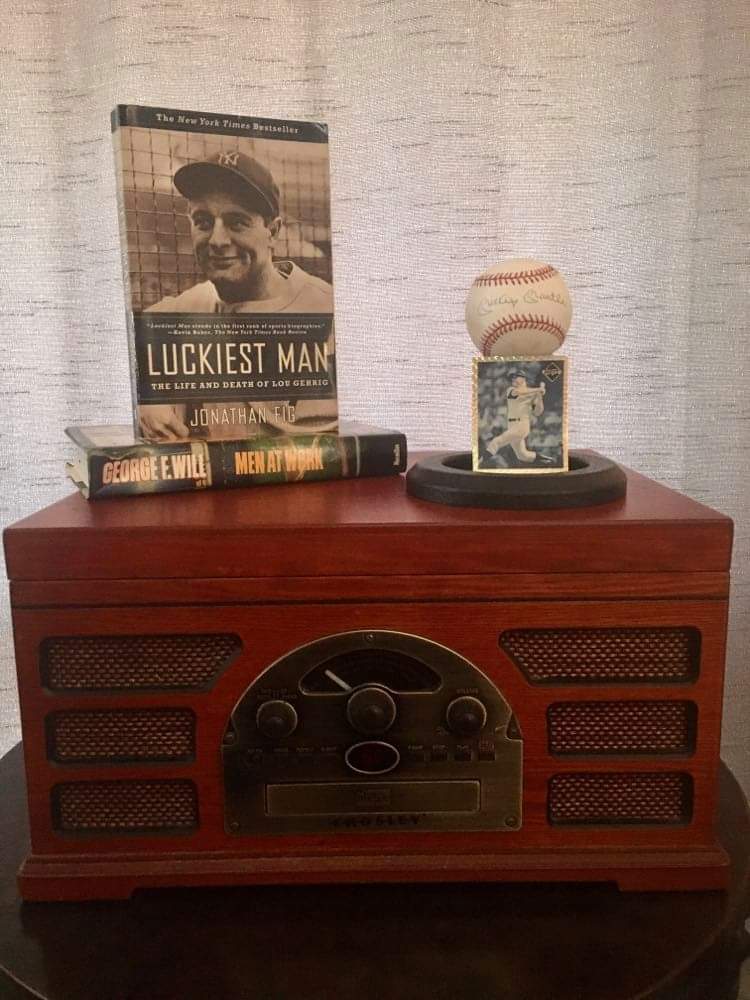
Fields of Dreams II: Radio Daze
April 5, 2021
Len Kasper has left the television booth, where he’d been the play-by-play broadcaster of the Chicago Cubs for the past 16 years. He left to become the play-by-play radio announcer for the Chicago White Sox. Radio. Kasper said it has always been his dream to do baseball on the radio. There’s nothing more Old School than choosing radio over television for taking us out to the old ball game.

Like me growing up with the White Sox radio broadcasts, Kasper recalls being a twelve-year-old listening to Ernie Harwell’s voice announcing the Detroit Tigers on radio. It was then that Kasper first dreamed to one day do what Harwell was doing. Now Kasper is living his dream, and he gave up a sweet TV gig at Wrigley Field to live it. And I totally get it.
I believe I’ve honed my daydreaming skills listening to White Sox games on the radio. You have to focus your imagination in order to conjure the images of the game from the words being spoken. The words of the announcer are the magic carpet that transport you from a lonely bedroom in Chalmette, LA to the echoey crackle of a sparse Comiskey Park crowd on a humid summer evening on the Southside of Chicago. Bob Elson did not let his voice amplify the emotions of the play on the field. He simply told you what was happening, and it was up to your own imagination to make the game come alive right before your eyes in that bedroom.
Thinking back on it, it was probably all those radio games that taught me the power of words, and is part of the fabric that pushed me to writing as a way of life. But it was more than just Elson’s low, lumbering delivery. It was also his long, silent pauses, when all you could here was the cackle of the radio transmission mixed with the background hiss of the crowd in its restless anticipation of the next pitch. It was those humming silences between pitches that provided the special rhythm that is baseball.
The words of the announcer are the magic carpet that transport you from a lonely bedroom in Chalmette, LA to the echoey crackle of a sparse Comiskey Park crowd on a humid summer evening on the Southside of Chicago
Modern fans, having grown up with televised baseball, complain the game is too slow. The camera demands constant action, where radio only requires you to drift along on the words and those rustling silences to create the images only your mind can “see.”
Baseball is not slower or faster than other sports. It’s simply more rhythmic, like poetry or music. The Bob Elsons, Ernie Harwells, the oracular Vin Scully and even the verbally-challenged Harry Caray could all make a baseball game sound like a Carnegie Hall recital. Would you go to a concert and describe it as slow? Baseball is not slow to those of us lucky enough to have grown up hearing it.
Len Kasper will be living his dream from the radio booth at whatever corporate name Comiskey Park goes by these days. And if I can find a way to dial in ESPN 1000 in Chicago here in Southern California, Kasper will be helping me relive my own youthful dream as well.
Postscript: For $2.99 per month, I can now ride Kasper’s magic carpet via my MLB.com’s website. Go Sox!



Baseball and radio were meant to be together. Listening to sports like basketball, hockey, soccer, etc. on the radio are more exhausting then playing the actual game. Just frantic, in a negative way.
David Marquardt